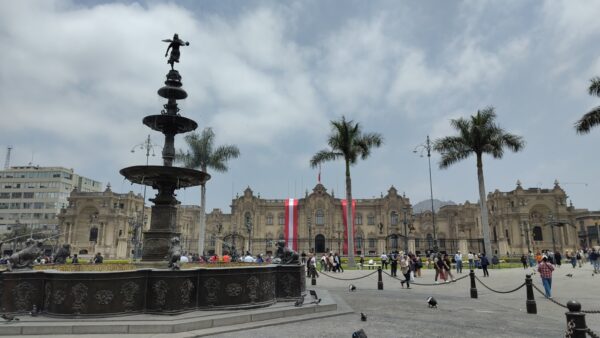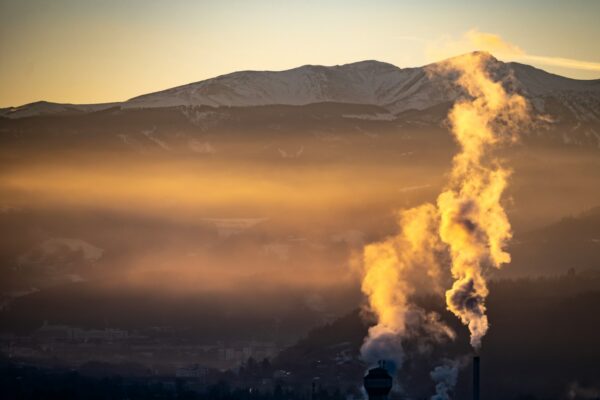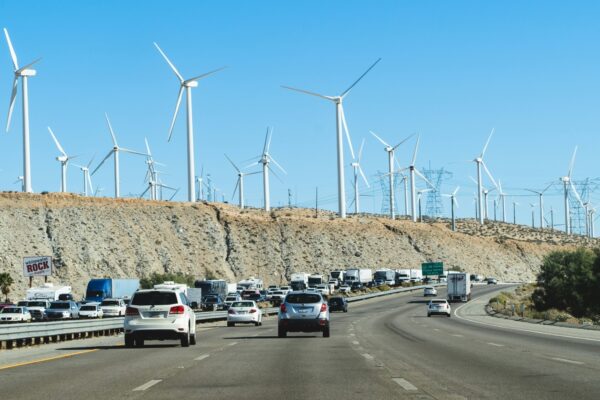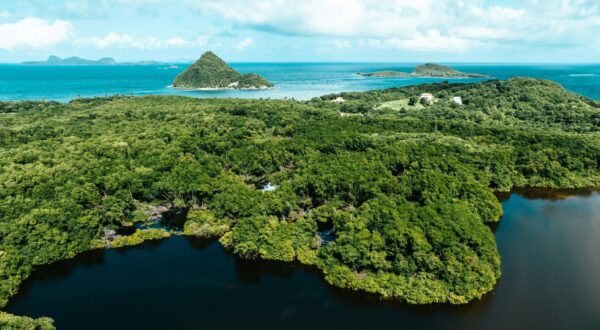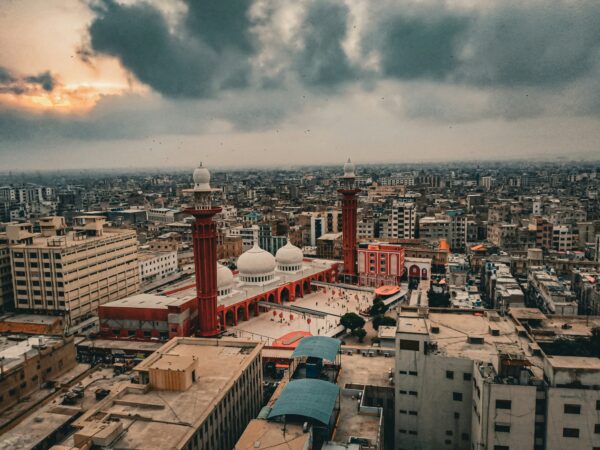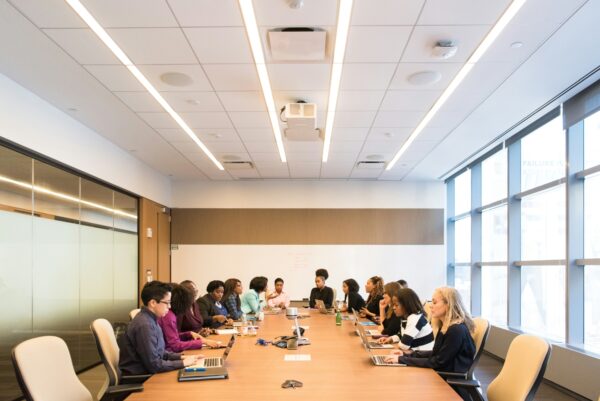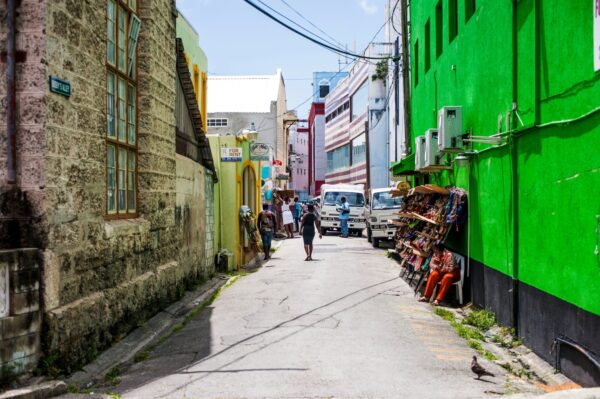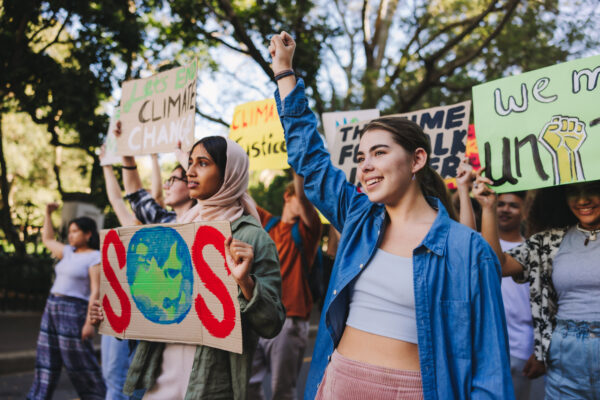Women against warming - celebrating International Women's Day
Ela Smith
Share
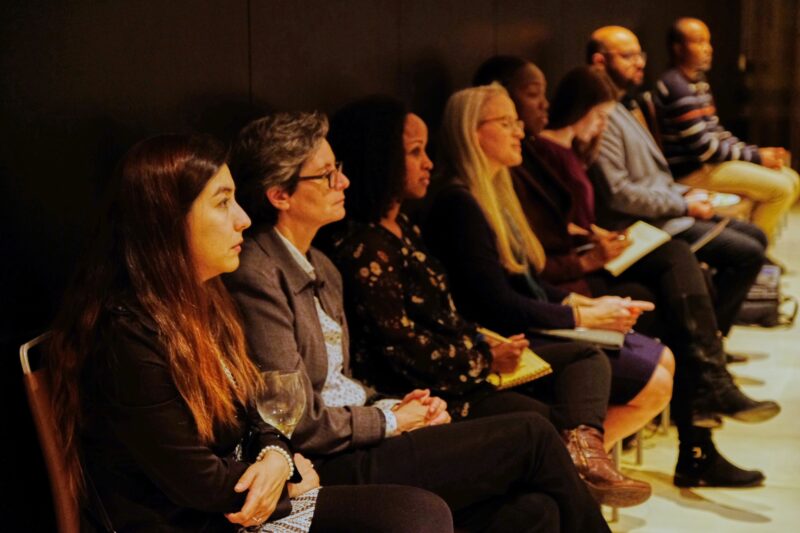
The climate movement is brimming with strong women who get stuff done. There are big names, of course, like the inexhaustibly optimistic Christiana Figueres, who corralled more than 190 governments into the Paris Agreement. Or seasoned climate scientists, like Kate Marvel and Katherine Hayhoe, who are not afraid to spar with climate skeptics. Or voices from the younger generations, like Greta Thunberg and Vanessa Nakate, who move hundreds of thousands of kids to climate strikes and goodness knows how many middle-aged men to irrational anger. And poets like Kathy Jetnil-Kijiner, voices from small islands slowly disappearing under rising seas. There are countless other women making a difference in the climate change fight.
I have the privilege to work closely with more than 50 such women at Climate Analytics – administrators, analysts, economists, finance experts, fundraising gurus, lawyers, media experts, negotiators, project managers, researchers – and this week in the run up to International Women’s day on 8 March is about celebrating them and their contributions to addressing the climate crisis. In these short videos, a few of my colleagues talk about how their work fits into the big picture, what frustrates them and what keeps them going.
The world is about one degree Celsius warmer than before industrialisation and climate change is making itself felt, for example through more intense and damaging storms or warmer, more acidic oceans which harm marine life and impact livelihoods. Bahamas based Dr Adelle Thomas focuses on aspects of social vulnerability, adaptation strategies and loss and damage, especially in the context of small island states. Adelle is an IPCC lead author and also Director of Climate Change Research Centre at University of The Bahamas.
World leaders recognised that climate change poses an ever-greater threat to their people, nature and economies, and in 2015 committed to address this threat through the Paris Agreement, and limit global warming to 1.5°C to prevent the worst of climate impacts. But they are yet to put their money where their mouth is.
Deborah Ramalope co-leads our climate policy team, which assesses whether governments live up to their Paris promises – for example through the Climate Action Tracker, which shows that at the moment we are heading for about 3°C of warming – double the agreed, safer limit. Her team also produces analyses showing governments what steps are necessary for rapid decarbonisation in line with these climate goals, for instance stopping coal use for electricity generation.
Our work fighting climate change is made possible thanks to the people involved in managing the organisation. Henrike Doebert, as Chief Operating Officer, with her team ensures organisational development, the management of complex projects, the acquisition of funding and development of partnerships, finance and human resources. Henrike is part of the senior management together with the CEO and Director. She has been with Climate Analytics from the beginning and since then she has overseen much of the organisation’s development, allowing it to grow its influence on climate change debates, science, policy and negotiations.
Despite the urgency of the climate crisis, the clear guidance from world’s top scientists on how to decarbonise, and the availability of technologies that make it possible, governments and fossil fuel companies look for ways to get out of cutting carbon. Claire Fyson looks into things like carbon offsetting and ways to remove carbon from the atmosphere to find out which measure work for reducing emissions and which are just greenwashing.
How to convince governments that climate action is in their own interests? Jessie Schleypen and Dr Anne Zimmer are economists, looking at the problem from different angles. Jessie looks at the economic damages from climate impacts, and Anne focuses on quantifying the economic benefits of moving away from fossil fuels towards a zero-carbon future.
While most developed countries are dragging their feet on reducing emissions, many developing countries have ambitious plans to green their economies and adapt to climate impacts they haven’t caused. There is money – the Green Climate Fund -earmarked especially for this purpose. Climate finance expert Mahlet Eyassu Melkie works with representatives of the Least Developed Countries to ensure that this climate finance is easily accessible to them.
Planning for dealing with climate impacts requires robust scientific information so that governments can better understand the threats and where they will hit the hardest. Dr Tabea Lissner, another IPCC lead author, leads the section of our science team working on climate vulnerability and science-based climate adaptation.
Inga Menke is part of our science team, working on developing user-friendly online tools that bring information about climate impacts to policymakers in developing countries, who need this information for adaptation planning. This climate impact information is also used as scientific background underlying the increasing number of climate litigation cases.
Drawing on all this knowledge, New York based implementation experts Laetitia De Marez and Frances Fuller and their mostly female team support a growing number of developing countries, especially Small Island Developing States (SIDS) in the Caribbean, in formulating climate plans and identifying financing sources for rolling them out.
These videos show just a sample of the multi-disciplinary work of the women at Climate Analytics. There are many, many others, who are breaking new ground in climate science, lead hard-hitting analyses, specialise in energy-systems modelling. Women’s achievements in science have been overlooked in the past. It is crucial to recognise and celebrate the amazing work women do in tackling climate change.

